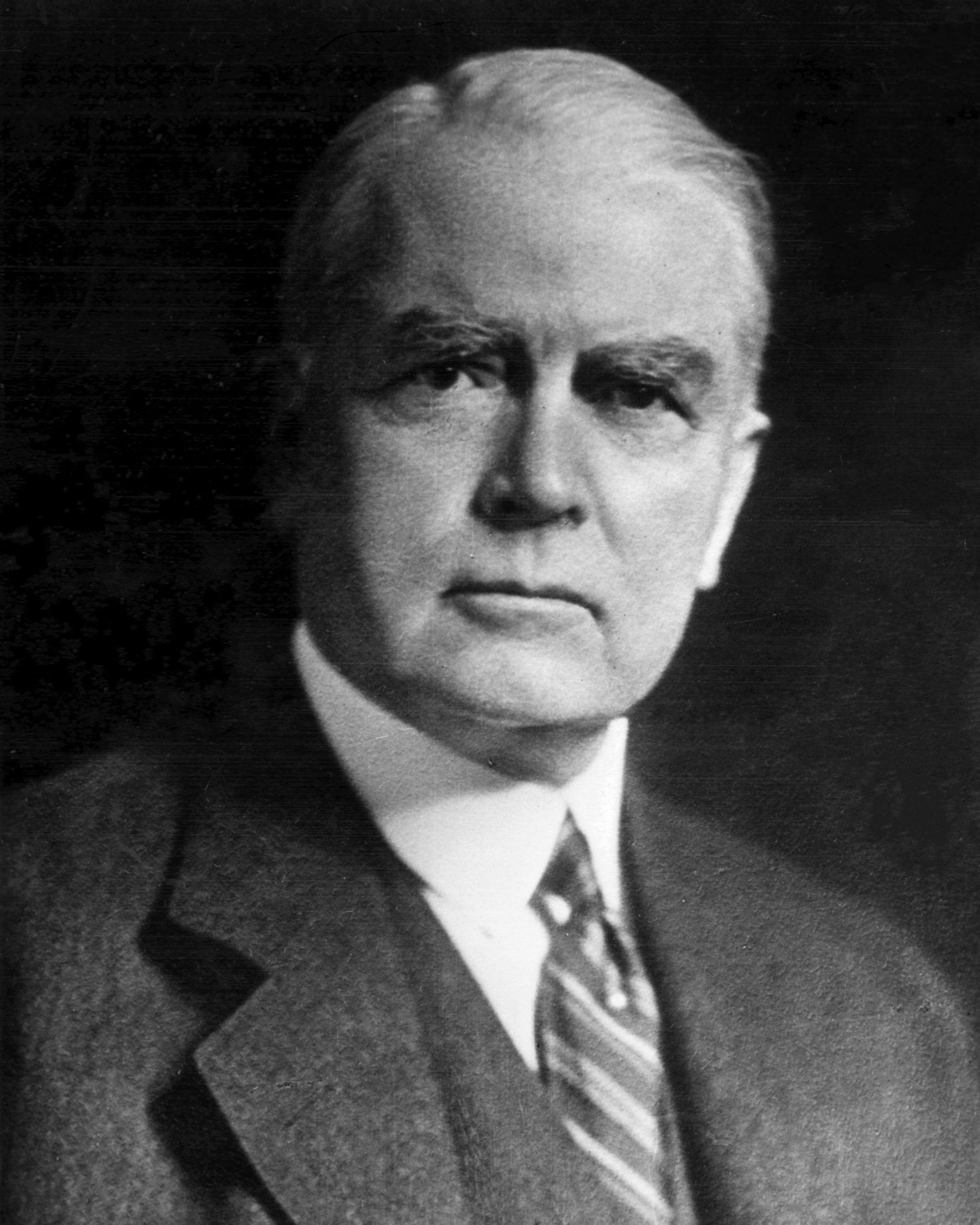Why was John Raleigh Mott Awarded the Nobel Prize for Peace in 1946?
Unveiling the Reasons Behind John Raleigh Mott's Nobel Peace Prize
Why John Raleigh Mott Was Awarded the Nobel Prize for Peace in 1946
John Raleigh Mott, an eminent American evangelist and prominent leader in the global ecumenical movement, was awarded the Nobel Prize for Peace in 1946. This recognition was a testament to his remarkable contributions to fostering international peace, promoting religious understanding, and advocating for social justice. Let’s delve into the reasons behind Mott’s prestigious Nobel Prize.
Interfaith Dialogue and Religious Harmony
One of Mott’s notable achievements was his commitment to interfaith dialogue and religious cooperation. In a world divided by religious differences, Mott played a pivotal role in bringing together leaders from various faiths to engage in meaningful conversations and mutual respect. He believed that fostering understanding among religions was essential to promoting global harmony and preventing conflicts rooted in religious intolerance.
 Leadership in Ecumenical Movements
Leadership in Ecumenical Movements
Mott’s leadership in the World’s Student Christian Federation (WSCF) and the World Council of Churches (WCC) showcased his dedication to uniting Christians worldwide. Through these platforms, he worked tirelessly to bridge denominational gaps, emphasizing shared values and goals. His efforts in creating a sense of unity among Christians played a vital role in reducing tensions and fostering cooperation during tumultuous times.
Promotion of Social Justice
Mott’s advocacy extended beyond religious matters. He was deeply committed to addressing social injustices such as poverty, inequality, and human rights violations. His initiatives focused on empowering marginalized communities, providing educational opportunities, and advocating for basic human rights. Mott’s belief in the connection between social justice and lasting peace was a driving force in his actions.
Humanitarian Efforts and Peace Building
Mott’s involvement in relief efforts during World War I and II demonstrated his dedication to alleviating human suffering. He believed that humanitarian assistance was a crucial step towards building lasting peace. His work in providing aid to war-torn regions and advocating for post-war reconstruction showcased his unwavering commitment to global welfare.
Legacy of Inspiration
John Raleigh Mott’s Nobel Prize win was not only a recognition of his individual efforts but also a tribute to the values he represented. His legacy continues to inspire individuals, organizations, and movements that work towards interfaith harmony, social justice, and global peace. His vision of a world united by understanding, cooperation, and compassion remains relevant in today’s complex world.
In conclusion, John Raleigh Mott’s Nobel Prize for Peace in 1946 was a recognition of his exemplary leadership in promoting interfaith dialogue, religious unity, social justice, and humanitarian aid. His contributions serve as a reminder that individuals who strive for understanding and harmony can play a pivotal role in shaping a more peaceful world for generations to come.




